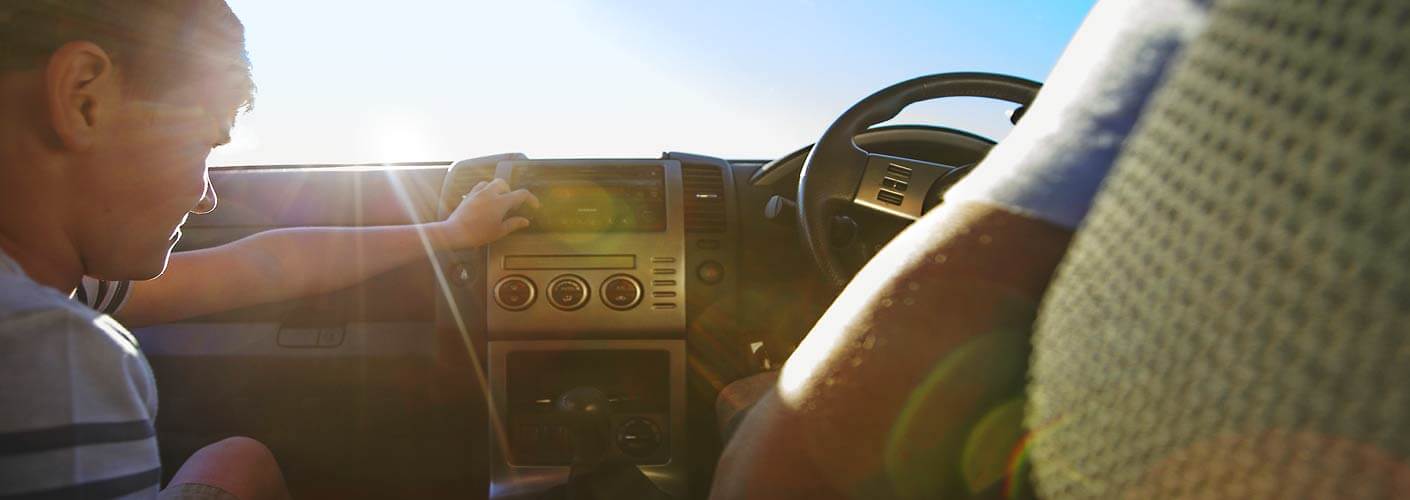What you need to know about safety certificates and inspections
In Queensland, a safety certificate is required if you want to sell or register a car, motorcycle, a trailer with an aggregate trailer mass between 750kg and 3.5 tonnes or any other vehicle with a gross vehicle mass up to 4.5 tonnes.
- Safety Certificates confirm that a vehicle meets minimum safety standards.
- Safety certificates do not need to be obtained prior to offering a light vehicle for sale. Sellers can advertise online, at a motor dealership forecourt, in traditional print media, or the vehicle itself without a safety certificate. However, the seller still needs a safety certificate to dispose of the vehicle and transfer registration to the new owner. Note, it is not the buyer’s obligation to obtain the safety certificate.
- Safety certificate inspections are not required to identify all defects, so vehicles can have a valid Safety Certificate but still have major mechanical issues.
- Safety certificates are not a substitute for a vehicle inspection.
- When buying, ensure the certificate is valid and has enough time left on it to complete the registration transfer.
Safety certificates are valid for:
- One registration transfer, or one new registration and one transfer, within the following timeframes:
- For a private sale – the certificate is valid for two months or 2,000km (whichever comes first).
- For a dealer sale, it is three months or 1,000km (whichever comes first.
- Except in a few very specific circumstances, you cannot register a car or transfer registration without one.
- A safety certificate is not required if you are trading or selling to a licensed motor dealer.
- It is the seller’s legal responsibility to provide the certificate and complete any repairs required to make the vehicle roadworthy.
- Buyers should never agree to get their own safety certificate as repair costs will then become their responsibility.
- A seller is not required to provide a safety certificate for an unregistered vehicle.
Visit the Department of Transport and Main Roads (TMR) > Safety Certificates for more information.
Vehicles fitted with LPG
- Any vehicle fitted with LPG (including caravans and campers) requires a gas certificate to ensure the equipment is safe.
- A gas certificate is the responsibility of the seller and is required for a registration transfer or a new registration.
- Gas certificates are not part of the safety certificate system and are provided by a different group of specialists. However some providers can do both inspections.
Suspect certificates
If you suspect the safety certificate is incorrect or failed to identify a problem, you need to take the following steps:
- Seek advice about whether the fault should or could have been identified by the safety certificate inspection.
- You need to be certain that the fault was present at the time of inspection and did not develop afterwards.
- If you believe the fault was present at the time, act quickly and avoid driving the car.
- Contact the person who issued the certificate as a first step.
- If this does not resolve the issue, contact Transport and Main Roads on 13 23 90 to find a nearby Transport Inspector.
- Do not repair the car until it has been inspected by a Transport Inspector.
If the issuer has erred they may be fined or prosecuted, but you will need to take your own legal action to recover any repair costs. In the meantime, it will be your responsibility to have the faults repaired if you wish to continue driving the vehicle.
Things to note
The information in this article has been prepared for general information purposes only and is not intended as legal advice or specific advice to any particular person. Any advice contained in the document is general advice, not intended as legal advice or professional advice and does not take into account any person’s particular circumstances. Before acting on anything based on this advice you should consider its appropriateness to you, having regard to your objectives and needs.

